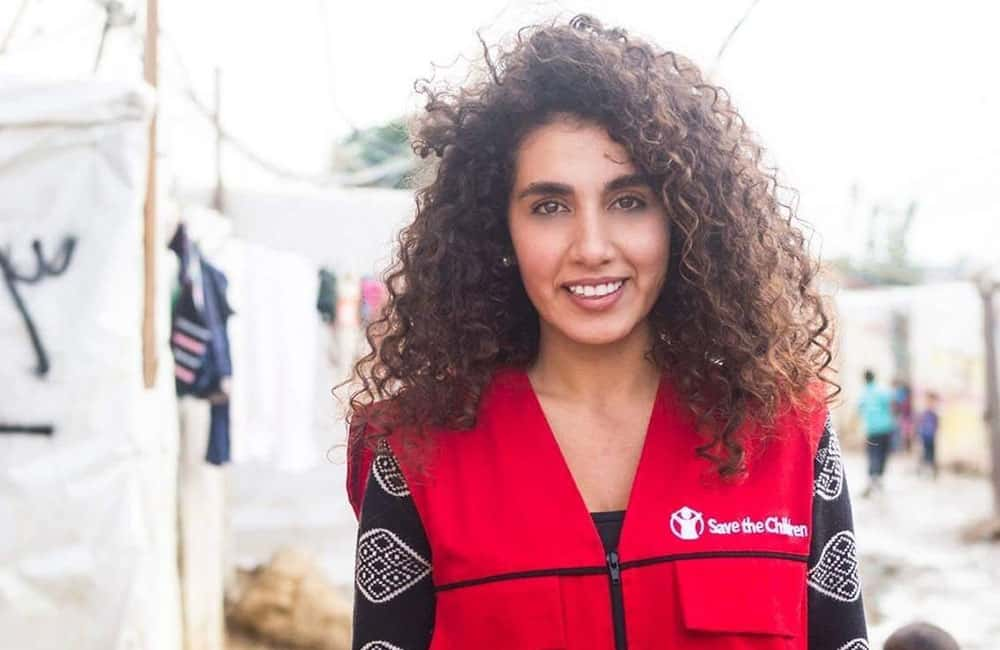Can Lebanon survive?
In early August, two massive explosions devastated Beirut. The second explosion destroyed almost everything within a 5km radius, and caused great damage beyond. At least 170 people have died, and more than 6,000 were injured. Offices, houses, schools and hospitals have all been badly damaged. Hospital and ambulance services quickly surpassed their ability to respond. Initial estimates suggest that up to 300,000 people are currently without homes, including 100,000 children.
The devastation occurred as Lebanon was also grappling with rising COVID-19 cases. The country has had nearly 10,000 cases and 105 deaths, a number which is set to grow as the consequences of the explosions continue to affect people’s lives and livelihoods.
Save the Children teams are on the ground supporting children and families through the recovery. In this first month we are focused on immediate life-saving support including psychological first aid for children, identifying separated children and reuniting them with their families, providing temporary shelter for those who have lost their homes, and distributing food and hygiene kits. In the months and years to come, we’ll still be there, helping families pick up the shattered pieces of their homes and lives.
Lebanon on a knife edge
Nour Wahid, Save the Children’s training and communications advisor in Lebanon, was there when it happened. She says the explosions could not have come at a worse time.

Nour Wahid saw Beirut explode around her.
Photo: Save the Children
Even before the blasts, Lebanon was teetering on the edge. Rising unemployment, the devastating effects of COVID-19, and a crumbling healthcare system were already apparent. “The socio-economic fabric of Lebanon has rapidly deteriorated,” says Nour. “Protests on the streets, despair over the exchange rate and the financial crisis, problems at the banks, robberies everywhere. The price of food, rent and other necessities soaring.
“Just one week before the explosion, Save the Children had released new analysis showing the collapsing economy had pushed more than half a million children in Beirut into a struggle for survival.